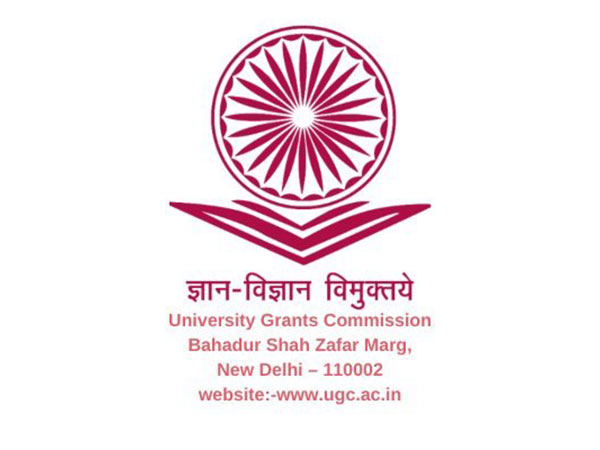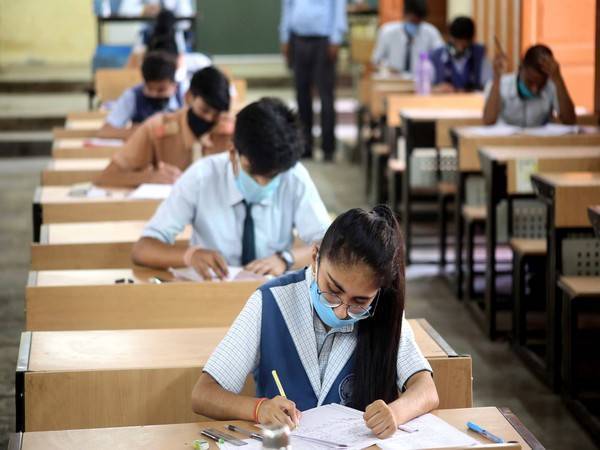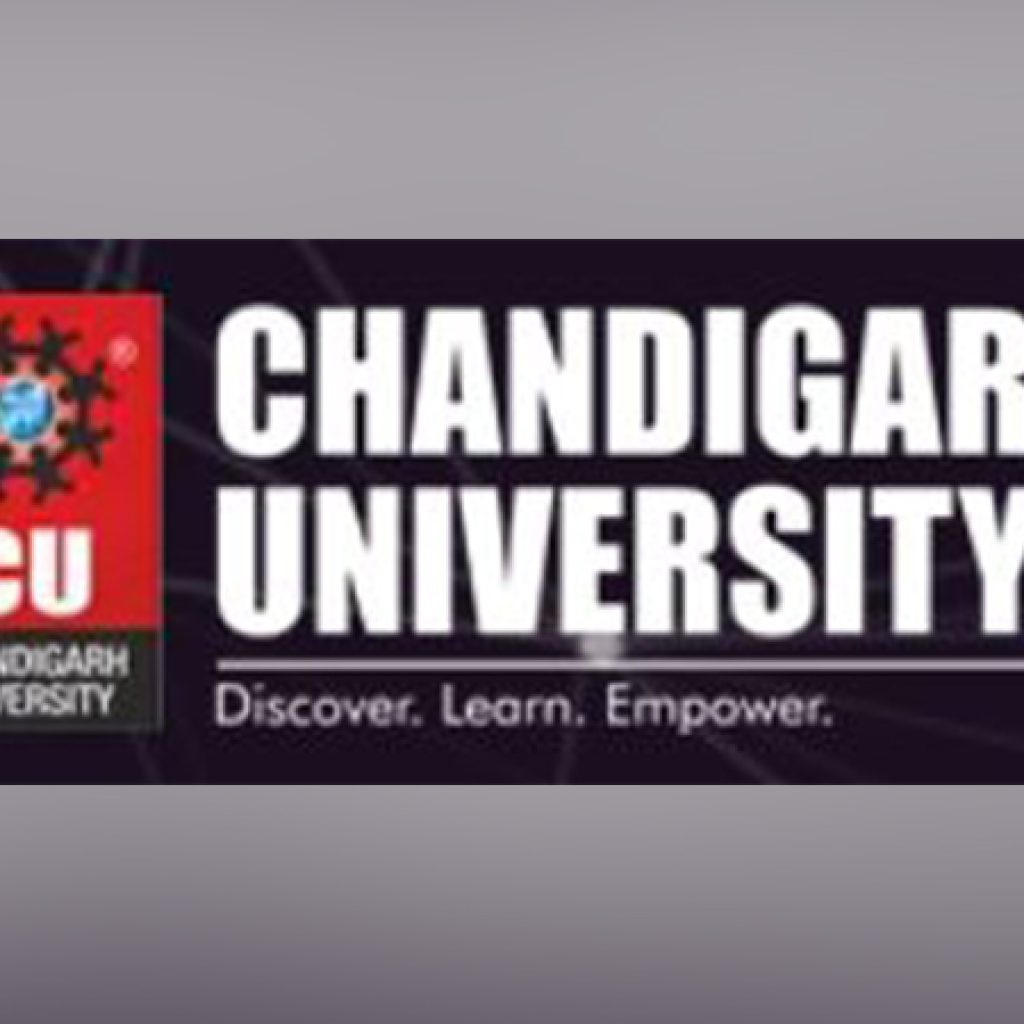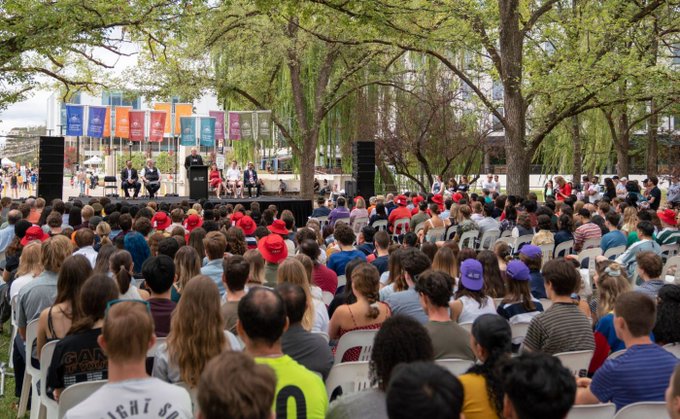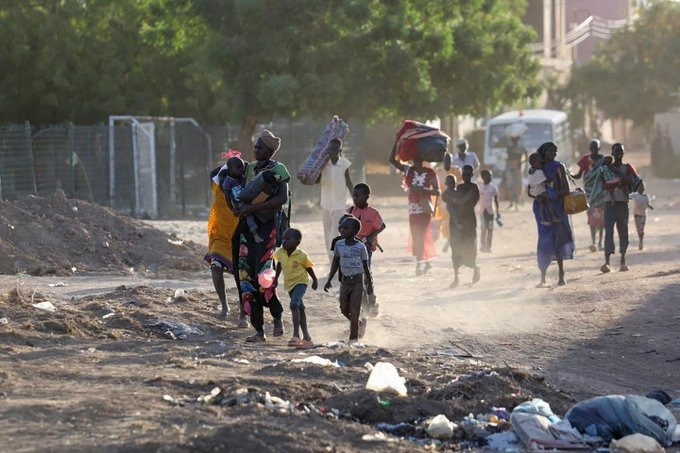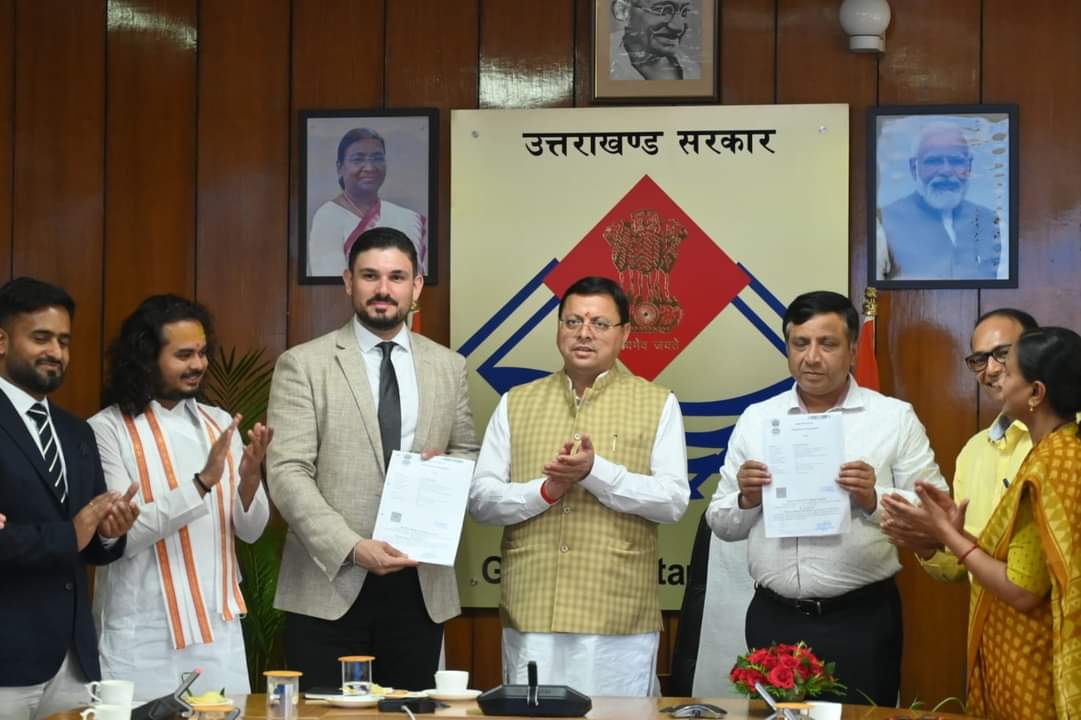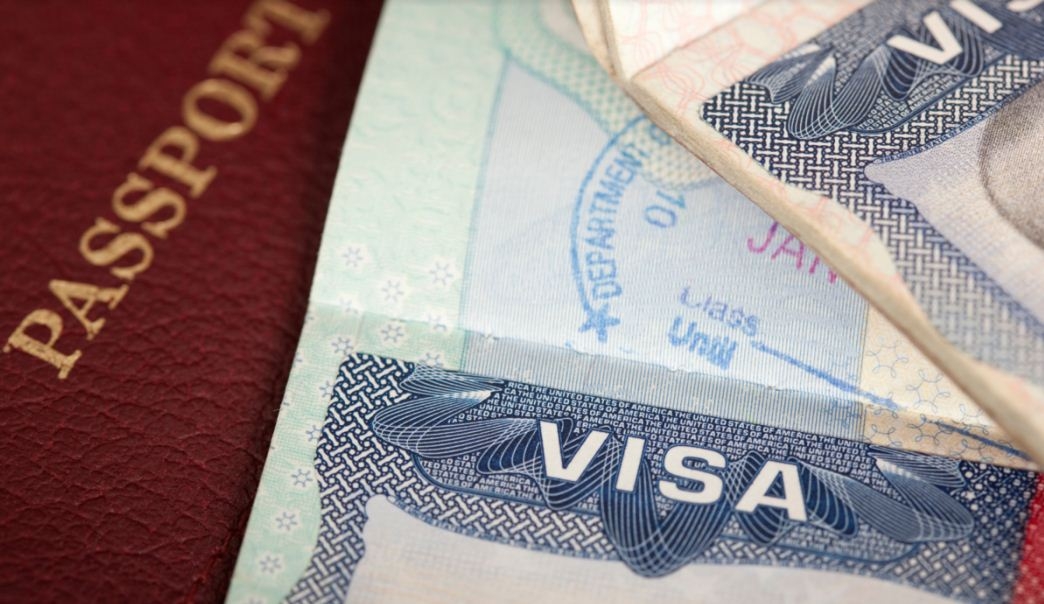Winners of the prestigious Alumni Awards will be able to raise their international profile and build professional networks and business connections….reports Asian Lite News
British Council, the UK’s international organisation for cultural relations and educational opportunities, is inviting applications for the 10th edition of its prestigious Study UK Alumni Awards programme. It is dedicated to honouring the remarkable accomplishments of UK alumni worldwide.
The Study UK Alumni Awards feature four categories to spotlight exceptional achievements and impact in various fields: Science and Sustainability, Culture and Creativity, Social Action and Business and Innovation. Eligible applicants will have the opportunity to compete on both the Global and National stages of the Alumni Awards. Global Alumni Award recipients will gain a chance to boost their international profiles, expand their professional networks, and enrich their careers with a professional networking visit to the UK. Additionally, a select number of countries, including India, will host national ceremonies to honour their finalists. The last date to submit applications is 22nd October 2023.
Winners of the prestigious Alumni Awards will be able to raise their international profile and build professional networks and business connections. Additionally, they will win a professional networking visit to the UK. All eligible applicants will be put forward for the global Alumni Awards. The finalists and winners of the global Alumni Awards will be announced in 2024 and celebrated in a digital campaign that will raise the profile of their story and success.
For many years the UK has been one of the most popular study destinations for Indian students and the number of students from India to the UK has witnessed a significant jump. In fact, a total of 142,848 sponsored study visas were granted to Indians in the year ending June 2023, which highlighted an increase of about 54% compared to the previous year, as per the UK Home Office data. This mobility is powered by the achievements of Indian alumni who have made substantial contributions to their communities, industries, and nations. The International Alumni Awards programme, recognises such alumni and honours them and their work that inspires others around them.
Last year, the award received over 1,200 applications from UK alumni residing in nearly 100 countries. These applicants represented more than 120 higher education institutions located throughout the UK. After in-depth interviews with a judging panel, the following winners were selected for the National Awards in India:
– Abhinav Sinha, Winner of Science and Sustainability Award (University of Glasgow)
– Puja Changoiwala, Winner of Culture and Creativity Award (University of Westminster)
– Sugandha Yadav, Winner of Social Action Award (Durham University)
– Saumya Singh, Winner of Business and Innovation Award (University of Manchester)
Talking about the awards, Rittika Chanda Parruck, Director Education, British Council India, said, “Through the Study UK Alumni Awards, we recognise the exceptional achievements of UK alumni from around the world. These individuals have harnessed the knowledge and experiences gained during their time at UK universities to bring about positive change in their communities and beyond. The awards not only celebrate their outstanding contributions but also underscore the enduring value of a UK higher education. We invite all eligible alumni to apply and share their inspiring stories with us.”
Abhinav Sinha, Winner of Science and Sustainability Award 2023, “Participating and being recognised at the Study UK Alumni Awards has been a real honour. The awards present a wonderful opportunity for alumni to connect with people, build networks and present their achievements building their profile further. I am delighted to have been recognized for the application of the knowledge and skills I gained in the UK, to my work in India. I am glad that the Alumni Awards led me to showcase the impact I have been able to make because of my education in the UK, which has enabled me to reach my full potential and expand my career.”
For comprehensive details on how to apply, categories, application process and eligibility criteria, please visit https://study-uk.britishcouncil.org/alumni-awards.
21-year-old Shreya Spends Day as UK High Commissioner
21-year-old Shreya Dharmarajan from Chennai became the British High Commissioner to India for one full day, getting a rare behind-the-scenes look at the life of a diplomat and seeing the UK-India partnership in action.
The British High Commission in New Delhi has organised the ‘High Commissioner for a Day’ competition every year since 2017, to celebrate the International Day of the Girl Child on October 11.
The UK is committed to engaging with girls and shifting our power to them as change-makers and future leaders. Protecting and promoting freedoms for women and girls in the UK and around the world is the right and smart thing to do; it is integral to creating resilient economies and strong, free societies.
This year’s winning entry was chosen from a pool of more than 180 applications from talented young women around the country.
Shreya holds a Bachelor’s degree in Political Science from Lady Shri Ram College in Delhi and currently teaches in a government school in Mumbai as a Teach for India fellow. She is passionate about education and child psychology. Shreya’s trip to Delhi and stay was made possible through the kind contribution of partners Vistara Airlines and Shangri-La Hotels and Resorts.
Shreya, the High Commissioner for the Day said, “Spending a day as the British High Commissioner to India was an incredibly enlightening, enriching, and fulfilling experience. I had the opportunity to interact with and learn from inspiring exemplars of women’s leadership in wide-ranging fields. I was fortunate enough to be a part of lively discussions about India’s efforts toward further achieving the Sustainable Development Goals”.
“I witnessed first-hand the wonders of the India-UK ASPIRE Programme in helping the development of electric vehicles in India and was honoured to speak with the principal scientific Adviser. I have brought back with me life-long learning about gender equality, wholesome education, and the wider scope of the SDGs. This experience has instilled in me a newfound confidence and motivation, and I look forward to putting all my learnings to fruitful use as a young woman in the field of education,” she added.
Alex Ellis, the British High Commissioner to India, but Deputy High Commissioner for Tuesday, said, “It was fantastic to follow Shreya for the day, her conversations from the role of young women in tackling global challenges to the UK-India partnership on science, technology and innovation.
“The High Commissioner for a Day competition is a great reminder for us all of the potential of a world with gender equality. When women rise, we all rise,” he added.
As the UK’s top diplomat in India, Shreya got to experience an exciting range of activities over the course of a fully-packed day.
She led discussions at the United Nations office in New Delhi on advancing the Sustainable Development Goals (SDGs), spoke to one of this year’s Earthshot Prize finalists about their innovative initiatives to tackle global environmental challenges, engaged with the inspiring women leaders of the ‘Chevening SheLeads programme’, and met Principal Scientific Adviser to the Government of India Professor Ajay Sood, to review plans to bolster UK-India research collaboration following the G20 Summit.
Shreya also launched a new report on electric vehicle charging infrastructure with the Delhi Transport Department, as part of the Accelerating Smart Power and Renewable Energy in India (ASPIRE) bilateral technical assistance programme. (ANI)


